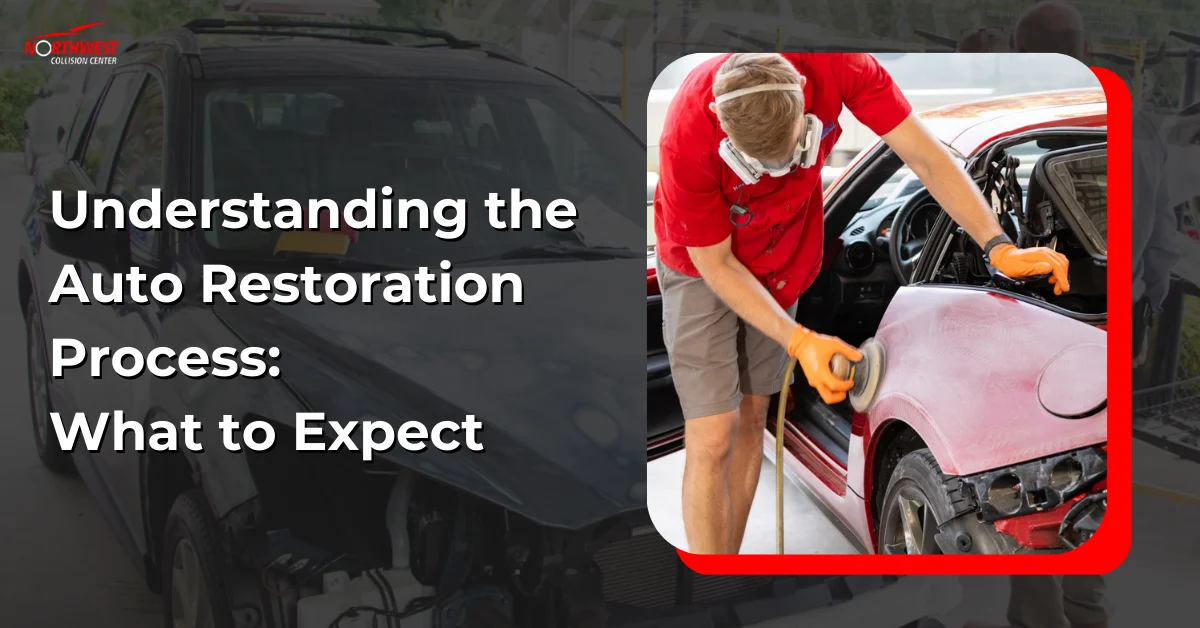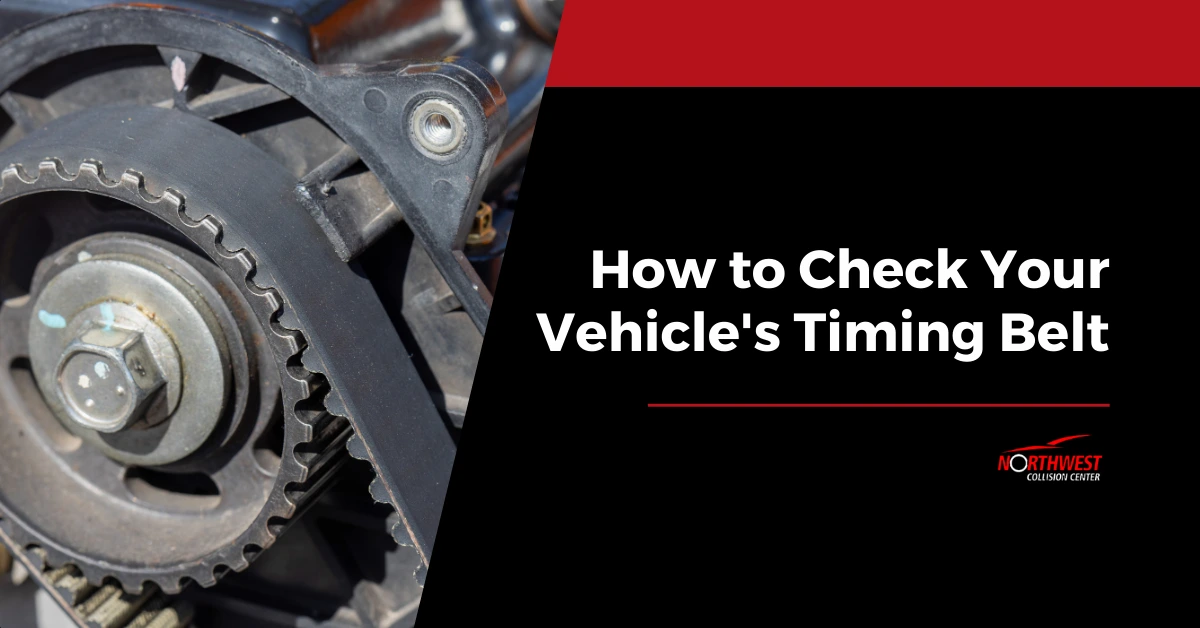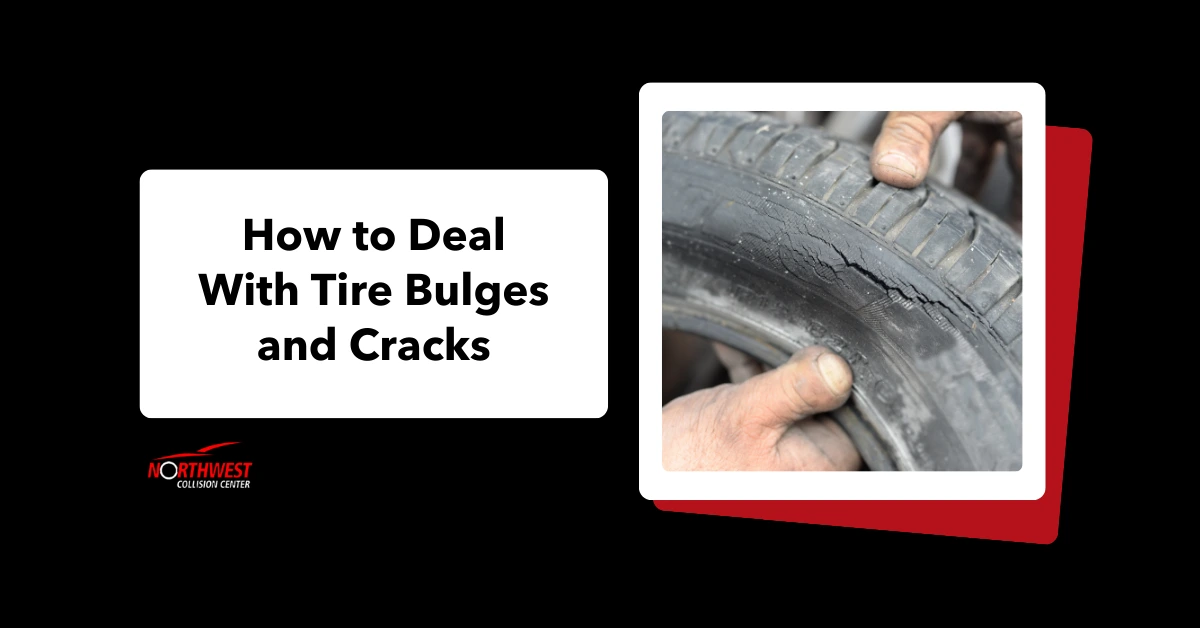The last Monday of May every year is special to many Americans. It’s the day the American holiday Memorial Day is observed to honor the sacrifices of those who served in the military. The day was erstwhile referred to as Decoration Day which was declared as a national holiday in 1971, and this year, it will be observed on Monday, May 30.
Traditionally, the day is set as visitation day at cemeteries and memorials where fallen soldiers have been laid. Most people, however, choose to enjoy the long weekend and go off driving on Memorial Day on their way to an out-of-town destination for a much-needed vacation. After all, Memorial Day also happens to be considered as the unofficial start date of the summer season.
Driving Statistics on Memorial Day
To many, Memorial Day typically means enjoying the sun, grilling those barbecues, lying down on sandy beaches, and spending time with the family. It’s a long four-day weekend that usually starts in the late afternoon of Friday and lasts until the evening of Monday, Memorial Day itself.
Memorial Day, however, is not just about fun and enjoyment because it also happens to have a dark side. Memorial Day driving is considered most dangerous when compared to other days of the year. On average, Memorial Day weekends have 13% more fatalities than non-holiday weekends. For car accidents, Memorial Day has 31% more reports than any other weekend, including Saturday, Sunday, and Friday.
The below Memorial Day statistics are also worth noting:
- Driving is the leading cause of death for people celebrating Memorial Day.
- 2/3 of all road accidents that happen during Memorial Day Weekend result in death.
- A person is four times more likely to be involved in a traffic accident on Memorial Day weekend than any other weekend.
Is Traffic Bad on Memorial Day?
Since people will obviously be on the road come Memorial Day, traffic will naturally be heavy, with many streets and highways getting filled up quickly with various types of vehicles. Even Memorial Day weekend will not be spared as most travelers will likely be on the road as well en route to their planned destinations.
To avoid a congested traffic scenario, it’s best to start your road trip on Thursday afternoon before Memorial Day weekend or Friday morning at the latest. Otherwise, you just might spend your first day of the four-day long weekend stuck in non-moving traffic.
Driving Risks on Memorial Day
Serious and even fatal car accidents often happen on Memorial Day because of the following:
1. Impaired Driving
People tend to consume more alcohol on holidays, and this is especially true for Memorial Day. This consequently leads to various vehicle accidents over the weekend. In 2016, more than 25% of Memorial Day deaths involved people who had blood alcohol levels of 0.08 or more.
2. Distracted Driving
Another common reason for a Memorial Day weekend car accident is distracted driving. Distractions can include everything from searching for items in your bag to taking a picture using your smartphone.
While behind the wheel, making phone calls or even simply keeping your eyes off the road for a few seconds is not recommended as this is risky at the very least. If you have to use your phone, just pull over at a designated stop or try to locate an area where you’re allowed to use it.
3. Traffic
Memorial Day statistics show that holiday weekend traffic is always expected to be congested mainly because there are more people on the road. Many car accidents that happen on Memorial Day are directly linked to heavy traffic, and these often involve impatient and stressed motorists.
This can be easily avoided by making plans to leave early. Of the many Memorial Day driving safety tips available, this one naturally makes sense. That’s because morning traffic is usually light so there’s no need for you to rush things. Additionally, you’re more alert in the morning, and this alertness helps you avoid getting involved in any road mishap that could ruin your weekend schedule.
4. Lack of Sleep
When you have Memorial Day travel plans, a basic requirement is to get enough sleep before making the trip. Otherwise, you’ll be less alert and react slower when you’re seated behind the wheel. This could lead to Memorial Day accidents over the weekend that could have been avoided in the first place.
Ideally, you should get 7 to 8 hours of sleep before you take hold of the wheel. This also applies to your trip back home after Memorial Day.
5. Neglecting Driving Safety Rules
Being on a long holiday weekend should not be made as an excuse to forego basic safety rules about driving. The car seat belt, for example, was designed to protect drivers while they are on the road. Various studies have shown that wearing a seatbelt can prevent many fatalities caused by car accidents.
Unfortunately, many motorists fail to buckle up, especially when they are on the open road, and this makes them susceptible to vehicular accidents. According to the National Safety Council, more than a hundred lives could be saved every year if Memorial Day driving includes taking the time to strap the seat belts across the body. This number can easily increase if everyone in the car wears their safety belts, including the driver, as all of them look forward to having a grand Memorial Day weekend celebration.
Northwest Collision Center can help you plan a safe Memorial Day Weekend vacation.
Memorial Day has long been associated with extended vacations and out-of-town road trips. Given this, there’s a serious need to get your car inspected in order to prepare it for your Memorial Day travel plans. Northwest Collision Center is your best choice in this regard.
We have a wide range of car repair and maintenance services that will allow you to have a relaxing and enjoyable Memorial Day driving no matter the distance. Our experts in auto body repair in Largo, FL, will look into every little detail of your vehicle to ensure that it’s ready to take you to your next Memorial Day escapade. Call now to avail of our service.










